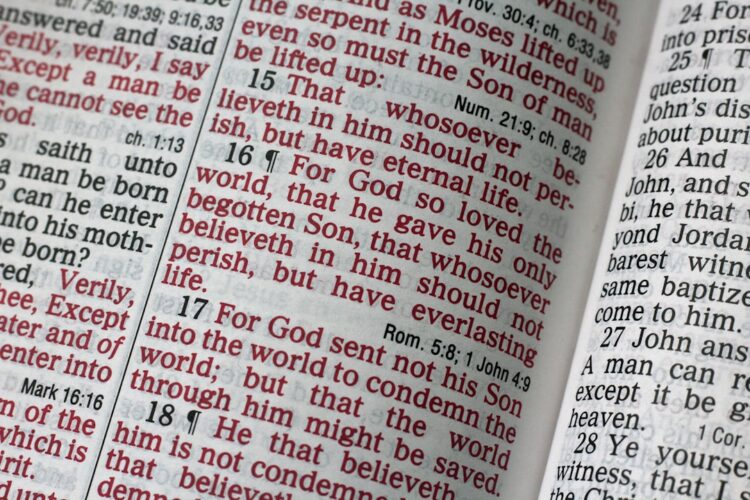Prayer is a fundamental aspect of many religious traditions around the world. It serves as a form of communication with a higher power, offering thanks, seeking guidance, and asking for forgiveness. The act of praying can take many different forms, including reciting traditional prayers, speaking extemporaneously, or meditating silently. Regardless of the specific method, prayer plays a crucial role in daily religious practice for many believers.
One of the key reasons why prayer is such an integral part of daily religious practice is its ability to foster a deep sense of connection with the divine. By engaging in prayer regularly, individuals are able to cultivate a personal relationship with their chosen deity or spiritual force. This connection can provide a source of comfort, guidance, and support in times of need. Whether facing a difficult situation, feeling uncertain about the future, or simply seeking solace, prayer serves as a way to reach out to a higher power and find strength and reassurance in its presence.
Prayer also serves as a means of expressing gratitude and appreciation for the blessings in one’s life. By taking the time to acknowledge the good things that have come their way, individuals are able to cultivate a sense of humility and appreciation for the gifts they have received. This act of giving thanks can help to foster a sense of positivity and contentment, even in the face of adversity. Whether it be a simple expression of gratitude for a good meal, a word of thanks for a helping hand, or a heartfelt prayer of gratitude for one’s health and well-being, acknowledging the blessings in one’s life through prayer can help to cultivate a sense of abundance and abundance in one’s daily life.
In addition to fostering a sense of connection and gratitude, prayer can also serve as a tool for aligning one’s actions and intentions with their spiritual beliefs. By engaging in prayer regularly, individuals are able to reflect upon their values, beliefs, and goals, and to seek guidance on how best to live in accordance with them. This inner reflection can help to ensure that one’s actions are in line with their ethical and moral principles, guiding them towards a more meaningful and purposeful life. Whether seeking guidance on a specific decision, asking for strength to resist temptation, or simply seeking clarity on one’s path in life, prayer can serve as a valuable tool for aligning one’s actions and intentions with their spiritual beliefs and values.
Moreover, prayer can also serve as a form of emotional release and healing. By expressing their thoughts, feelings, and desires through prayer, individuals are able to release pent-up emotions, find solace in times of grief or pain, and experience a sense of catharsis and healing. Whether seeking comfort in times of sorrow, asking for forgiveness for past wrongs, or expressing joy and gratitude for life’s blessings, prayer provides a safe and sacred space for individuals to share their innermost thoughts and emotions with a higher power, and to experience the healing power of spiritual connection and release.
In conclusion, the role of prayer in daily religious practice is multifaceted and profound. From fostering a sense of connection and gratitude, to aligning one’s actions and intentions with their spiritual beliefs, to serving as a form of emotional release and healing, prayer plays a crucial role in the lives of many believers around the world. By engaging in prayer regularly, individuals are able to cultivate a deep sense of connection with their chosen deity, express their gratitude for life’s blessings, seek guidance on their path in life, and experience emotional healing and release. Ultimately, prayer serves as a powerful and transformative tool for cultivating a sense of spiritual connection, alignment, and healing in one’s daily religious practice.













